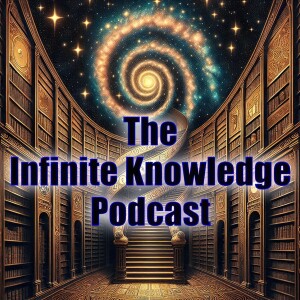Wednesday Jun 05, 2024
Systems Thinking: feedback loops and their use for positive habits, and self-improvement for worldly success through strategic considerations

In this audio essay episode, the intrinsic nature of feedback loops and their integral role in shaping one's habits and striving towards worldly success are thoroughly examined. The discussion begins with delineating the two types of feedback loops—positive, which magnify behaviors, and negative, which aim to preserve system equilibrium—as critical mechanisms in the structuring of behavior. Strategies for implementing effective feedback loops in habit formation are proposed, emphasizing the importance of both external and internal feedback. External feedback is influenced by environment and designed settings, while internal feedback involves cognitive reframing and interpreting actions based on past experiences. Theories like the Fogg Behavior Model and the concept of leverage points are introduced to understand and guide behavior change. The Stoic principle of focusing on controllable elements and the concept of automaticity in forming habits are also integrated into the framework of managing feedback loops, highlighting the linkage between individual and societal progress.
Continuing the discourse, the episode delves into the powerful metaphor of the immune system from systems engineering, likening the development of resilience to cultivating a psychological defense mechanism against adversities. The incorporation of the economic principle of opportunity cost into habit formation offers a rational perspective on the trade-offs made in pursuing different behaviors. These insights culminate in a broad-based approach that integrates evolutionary biology, psychology, and economic models, providing a diverse and adaptable framework for personal development. Emphasizing the need for a holistic understanding, the episode champions the fact that behaviors echo through a continuous feedback loop that shapes and is shaped by surrounding conditions. This realization promotes a strategic vision that melds ancient wisdom with modern psychological insights to navigate the complex pathways of habit formation and self-improvement.
Comments (0)
To leave or reply to comments, please download free Podbean or
No Comments
To leave or reply to comments,
please download free Podbean App.